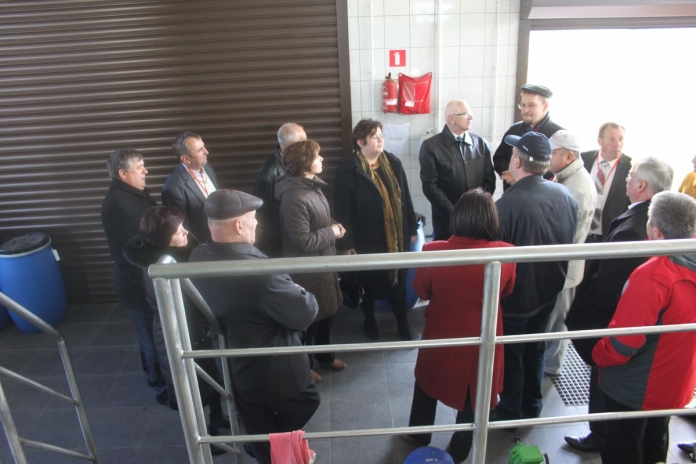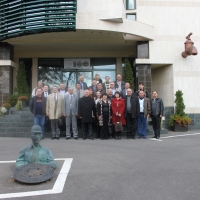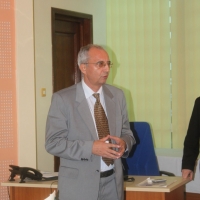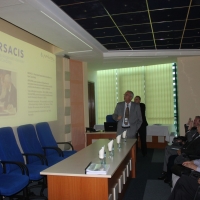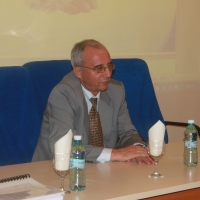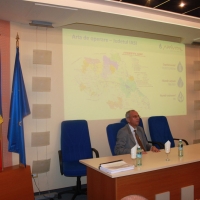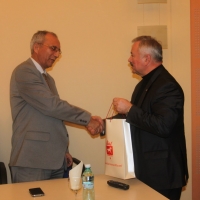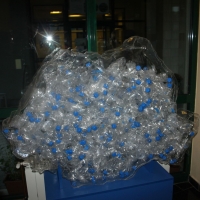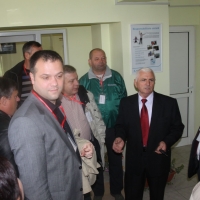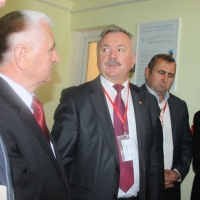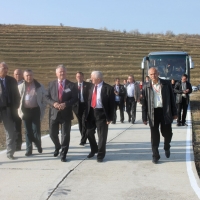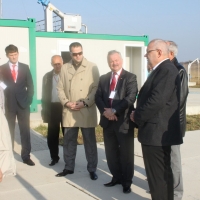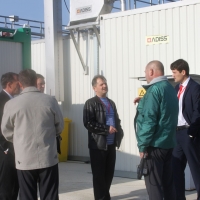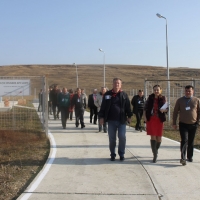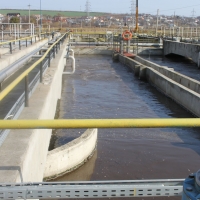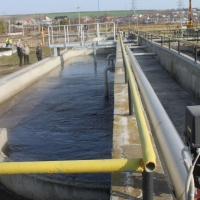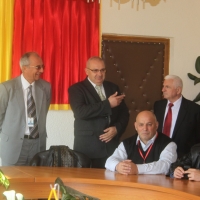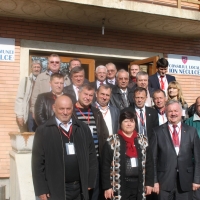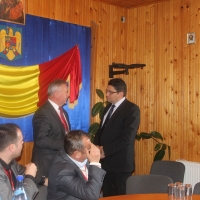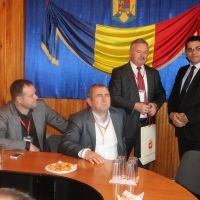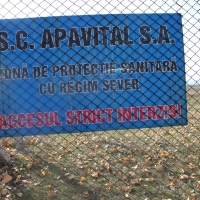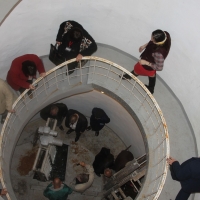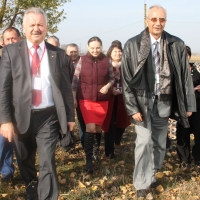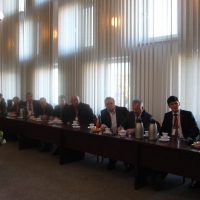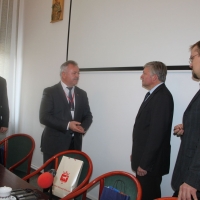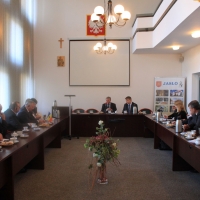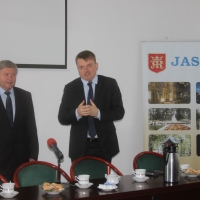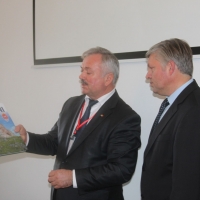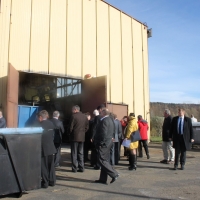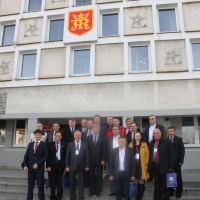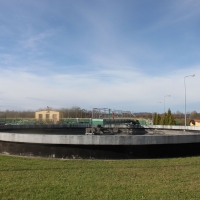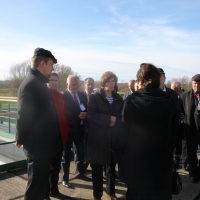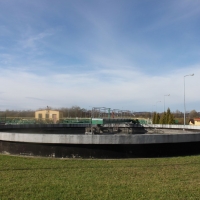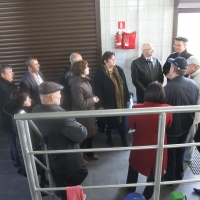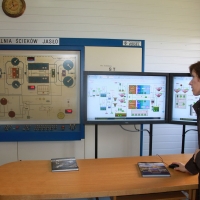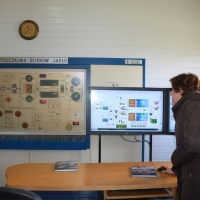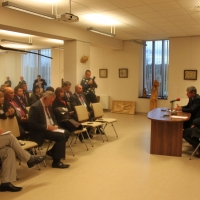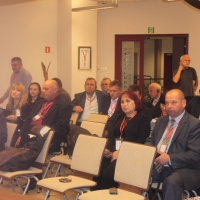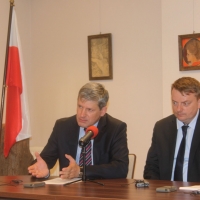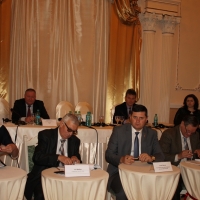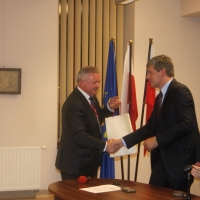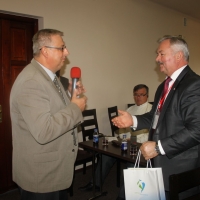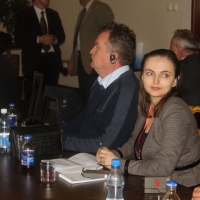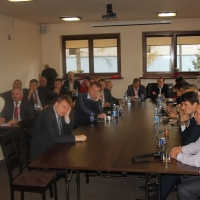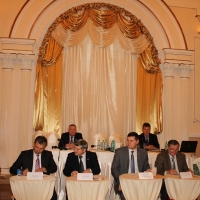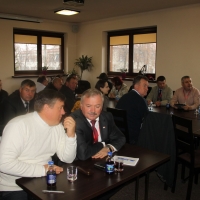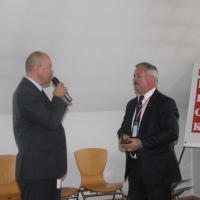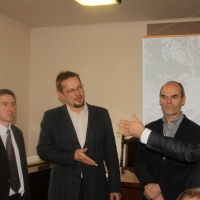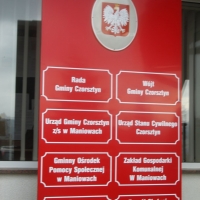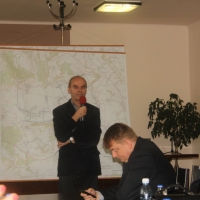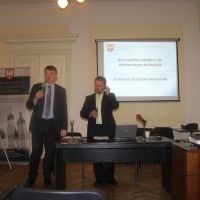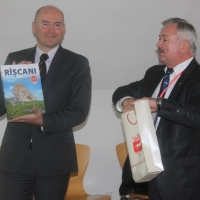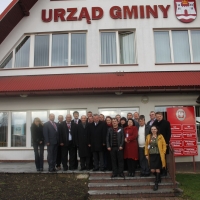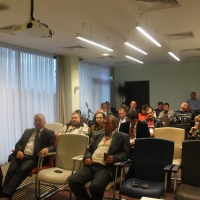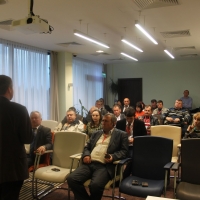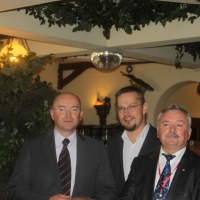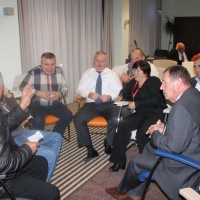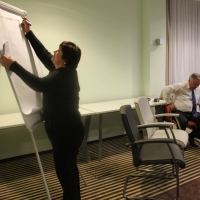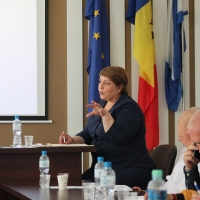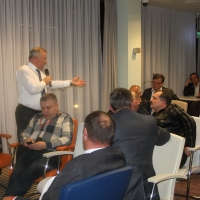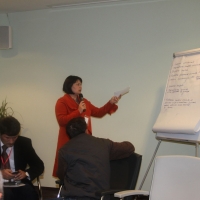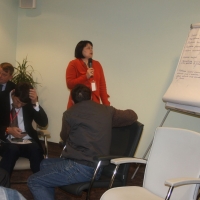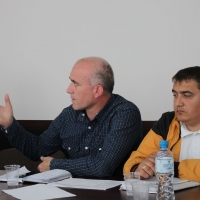20 representatives of the working group responsible for developing the feasibility study on water supply and sanitation services in Riscani rayon (Prut cluster) made a study visit to Romania and Poland between October 31 and November 8, 2013. The visit took place thanks to the support provided through the German Development Cooperation through GIZ “Modernization of local public services in Moldova” project.
The working group included local councilors, mayors, representatives of Northern Development Agency, decentralized services and the operator of services in Riscani rayon.
The study visit was organized with informational support of the Federation of Regional Inter-municipal Associations of Counties and Municipalities in Malopolska (Poland) region and representatives of ApaVital company (Romania).
The visit focused on taking over the experiences in areas such as:
- extension of water supply and sanitation services in rural areas;
- regionalization of water supply and sanitation services, intermunicipal cooperation;
- performance indicators for water and sanitation services in rural areas;
- efficient management, sustainability and expansion of water and sanitation services.
In Iasi, the delegation visited ApaVital SA. Among the topics discussed, the need to expand operator’s services and the tariff policy was highlighted.
„The regional operator is the only solution to provide a high quality service in rural areas. “The efficiency of the regional operator and achieving the quality and efficiency parameters of the services is a long process. However, given the realities of time and the experience, technically simple solutions for wastewater treatment services in rural and sparsely populated areas are the most desirable and reasonable”, underlines the general manager of ApaVital, Ioan Popa.
In turn, the president of Râşcani rayon, Ion Parea, argues: “The experience of neighboring countries that have passed through the process of modernization of utilities is very useful and will help us avoid similar mistakes, in order to keep pace with the European citizens. In addition, this visit will contribute to establishing and strengthening collaborative relationships between same level LPAs.”
In Poland, the Northern Development Region representatives had the opportunity to get acquainted with good inter-municipal association practices in Wisłoka, Krakow, Zabierzow regions and Chorszstyn town. They learned about how the challenges faced by LPAs in Poland in wastewater management, budgetary, legal and social obstacles for an efficient operation are overcome.
The mayor of Novy Targ commune, Jan Smarduch, told participants that investments aimed at expanding water and sanitation services must be profitable, not only reduce maintenance costs.
GIZ supports a similar pilot project for water supply and sanitation for Cahul rayon. GIZ approach is based on fostering inter-municipal cooperation, so that neighboring localities would provide joint services to increase efficiency and optimize costs.
In 2012, the rayon councils in Riscani and Cahul approved the updated water and sanitation components of the Rayon Socio-Economic Development Strategies. With GIZ support, the localities were grouped by possibilities to be connected to water and sanitation services, depending on access to river basins, rather than by administrative boundaries. Now municipalities are assisted in preparation of feasibility studies, to easier attract investment in the field.
The support is provided to the two rayons by GIZ through the Regional Development Agencies North and South respectively.
The “Modernization of Local Public Services in Moldova” Project is implemented by the German Development Cooperation through GIZ and is financially supported by the German Ministry of Economic Cooperation and Development, the Swedish Agency for International Development Cooperation (Sida), the Ministry of Foreign Affairs of Romania and the European Union.


